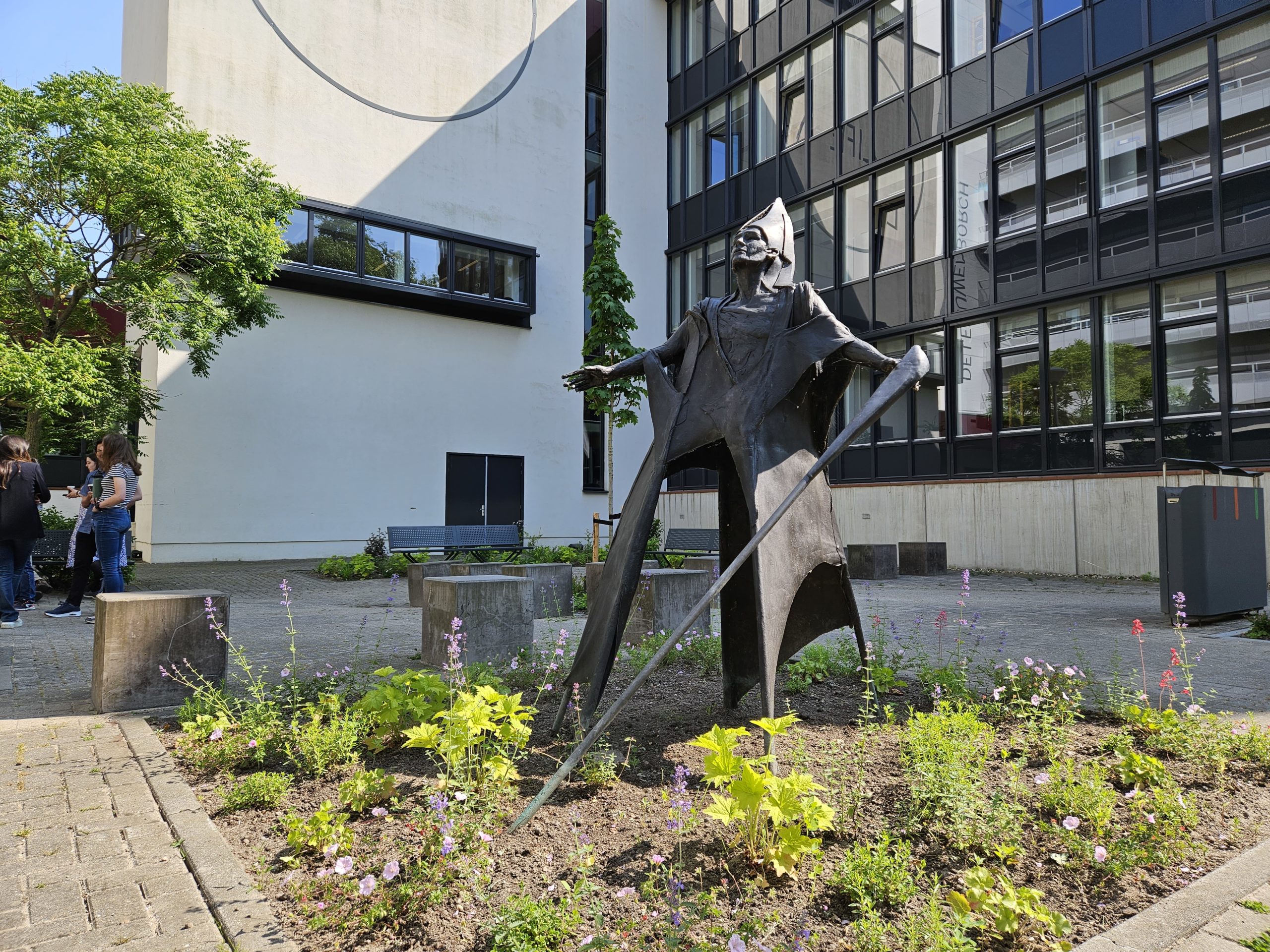Why does one teacher have the class hanging on his or her every word, while another’s lessons frequently deteriorate into boredom and chaos? Often, the key is class management. How prospective teachers can get a grip on that is the subject of the thesis with which Tom Adams got his PhD in mid-September.
Class management is an umbrella term for everything teachers do to create a productive learning environment. Adams’ interest in the underlying learning process was driven by both academic motives (‘There wasn’t much knowledge about it’) and practical ones: as a teacher and researcher on the Fontys teacher training programme in Tilburg, he noticed that novice teachers often have trouble with class management. ‘Particularly in view of the increasing shortage of teachers and the big drop-out rate among new teachers – 30 per cent leave education within five years – it’s worth finding out how the learning process could be improved,’ he states.
The theory goes that there are five aspects to class management, explains Adams. ‘That sounds quite straightforward, but classroom dynamics make it trickier in practice because the different elements of class management continuously interact with each other: the way you organize the lesson material, your relationship with the pupils, the quality of your lesson material, your own attitude, and so on and so forth.’
Skills
Adams studied how class management features in the curriculum of the teacher training programme, in terms of both the theoretical context and the practical skills involved, for example during teaching practice in schools. He also reconstructed the learning process regarding class management of 24 trainee teachers. He found a variety of learning styles: knowledge-oriented, feedback-oriented, inspiration-oriented and practically oriented.
Adams used these findings to develop an intervention that gave the learning process a clearer structure in the form of a kind of ‘learning plan’ for the trainee teachers’ final teaching practice period. The plan offered them a choice of options, including lesson observation and discussions, both formal and informal. Nine prospective teachers took part, and they evaluated the intervention as effective: the structured approach helped them to make the knowledge and skills they acquired more explicit. For example, they learned more about (non-verbal) behaviour, ‘transition moments’ during the lesson, and the interaction between teacher and pupils. As a result, they reported making more conscious use of eye contact, voice and gestures, giving them a calmer, more confident and friendlier presence in the class.
Chats
Asked about the most important insight gained from his study, Adams points to the identification of the various components of the trainee teachers’ learning process. ‘It’s not just the theory or the formal evaluation moments on teaching practice that matter, but definitely also the brief chats with colleagues in passing. These conversations are incredibly important. Even in just a couple of minutes, a rich body of knowledge can be shared.’ He expands on this: ‘It might not be a finding that I’ll win the Nobel Prize with any time soon, but the realization that you learn a lot from meaningful informal experiences gives trainee teachers something to hold on to and some reassurance. As does the confirmation that you’re not the only one who sometimes struggles with class management. So in my opinion it is definitely worthwhile for teacher training programmes and colleges to consider creating more opportunities for unplanned, informal learning.’
Acknowledgements
Adams’ own learning process is worth mentioning too. He started out in a vocational stream at secondary school and now he’s got a doctorate in the bag. He says he has much to thank the teachers for who inspired and motivated him over the years. He was very touched that the teachers he explicitly mentioned in his acknowledgements accepted his invitation to his graduation ceremony. Proudly: ‘All three of them were there. I was delighted, yes.’

 ‘Particularly in view of the big drop-out rate among new teachers – 30 per cent leave education within five years – it’s worth finding out how the learning process could be improved’, says Adams. Photo Taylor Flowe via Unsplash
‘Particularly in view of the big drop-out rate among new teachers – 30 per cent leave education within five years – it’s worth finding out how the learning process could be improved’, says Adams. Photo Taylor Flowe via Unsplash 

